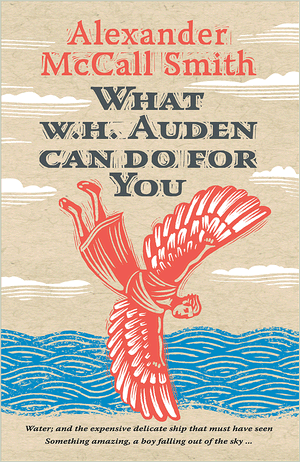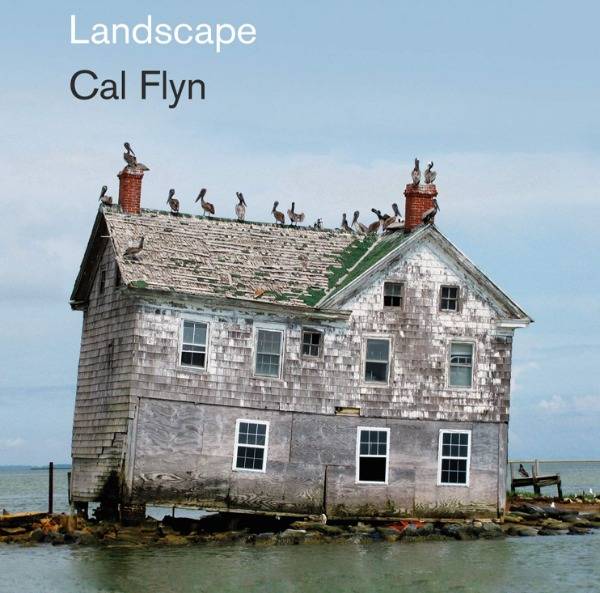
This article is a preview from the Winter 2013 issue of New Humanist magazine. You can subscribe here.
Alexander McCall Smith is not wrong when he says, in his new pocket companion to WH Auden, that poetry can seem relevant to, or even change, a reader’s life. Indeed, for anyone who already reads verse, this is little more than a truism. Poetry is not, like some attractive, semi-abstract pattern on wallpaper or crockery, designed to lull the senses. It is made of words, each of which has, in the most straightforward of senses, meaning. The words in a poem carry meanings to and from their uses in the rest of life.
Of course, this isn’t quite what McCall Smith is pointing to. His legal training – he used to be a law professor – means he must be well aware of the work words do. He’s talking about being moved: “the work of art we are confronted with unlocks within us the recognition of something that had escaped us before.” This individual “unlocking” is something different from a straightforward debate with life, the kind of thing we might turn to a political philosopher, or even a columnist, for. It is a personal experience: “For me, the person who had this effect was Auden.”
Let’s leave aside the distinction between the work and the person of a poet McCall Smith never, as far as we can tell, actually met. The trouble with personal experience is that it is by nature hard to share. It’s a bit like proving the causal relation between coinciding facts: sure, they coincide, but what’s the intimate story of their connection? What WH Auden Can Do for You tries to resolve this problem by riffing from particular passages of poetry to scenes from the poet’s “shilling life”, in McCall Smith’s apt quote, or from the author’s own. It models, let’s say, enthusiasm.
This is surely a worthwhile thing to do, and the book’s chummy, anecdotal style is well suited to its project. A dozen shortish chapters carry titles that pitch high. “The Poet as Voyager”, “A Vision of Agape” and “That We May Have Dreams and Visions” have to do with, respectively, Letters from Iceland, “Lullaby” and “Bucolics”. The author introduces us to his own “house in Argyll, a remote part of Scotland, where the Atlantic comes sweeping up against a coast of islands”. He free-associates from 1933’s “A Summer Night” to his encounter with the evening sun at “a speaking engagement in Perthshire”, from the end of “Bucolics” to a dream he once had about a typesetting machine. With a touch of hubris, he even lets the poet off the hook for “personalising the inanimate”: “this is a harmless habit; indeed I feel that it adds substantially to the charm and impact of Auden’s work.”
The micro-narratives are charming, and easily told. Were this author a dinner-party guest, or a neighbour on a long train journey, one would be delighted to hear that someone with such a practical approach to the craft of writing – in a recent colour supplement article, McCall Smith revealed that he writes four books a year – takes the time for close-reading that’s needed to squeeze the juice from a poem. For that is the paradox of this volume. Poetry is the “slow food” of the publishing world. Made laboriously, with tremendous craft and at least half an eye on where that craft has come from, it is – argue its protagonists – packed with the literary equivalent of flavour and goodness. It needs to be savoured: to be read almost as slowly and with as much relish as it was written. McCall Smith, meanwhile, is the author of various hugely successful series of genre novels, including The No. 1 Ladies’ Detective Agency, which are devoured by readers in 46 languages.
These two relationships to writing meet here and in an attempt to humanise the experience of reading poetry – or at any rate WH Auden – for those who would never otherwise think of doing so. Unfortunately, this slim volume’s very title is likely to put off the unconverted. It simply doesn’t have the fluency of Alain de Botton’s 1997 How Proust Can Change Your Life, on which it is partly modeled. Apparently Proust doesn’t need his whole name spelt out: we can be expected to have heard of him, or at any rate to pretend to have done so. There’s a related, but more profound, difference between the books. De Botton brought an extra, philosophical training to bear on a classic, producing an intriguing read for seasoned lovers of Proust as well as newcomers. McCall Smith brings no additional discipline to Auden: this isn’t a guide to the poet as legal case study, after all. Instead, somewhat bizarrely given its subject’s tremendous literary presence, What WH Auden Can Do for You seems to position itself as special pleading for an under-read author.
In sum, if you have in your life a consumer of detective fiction who doesn’t see the point of poetry – and you probably do – buy them this book. It is, apart from anything else, beautifully produced. One can’t help but feel, though, that if only the poems themselves were as beautifully packaged and as confidently marketed, they would need less help from their best-selling friends.
What WH Auden Can Do for You by Alexander McCall Smith is out now (Princeton University Press £13.95)

